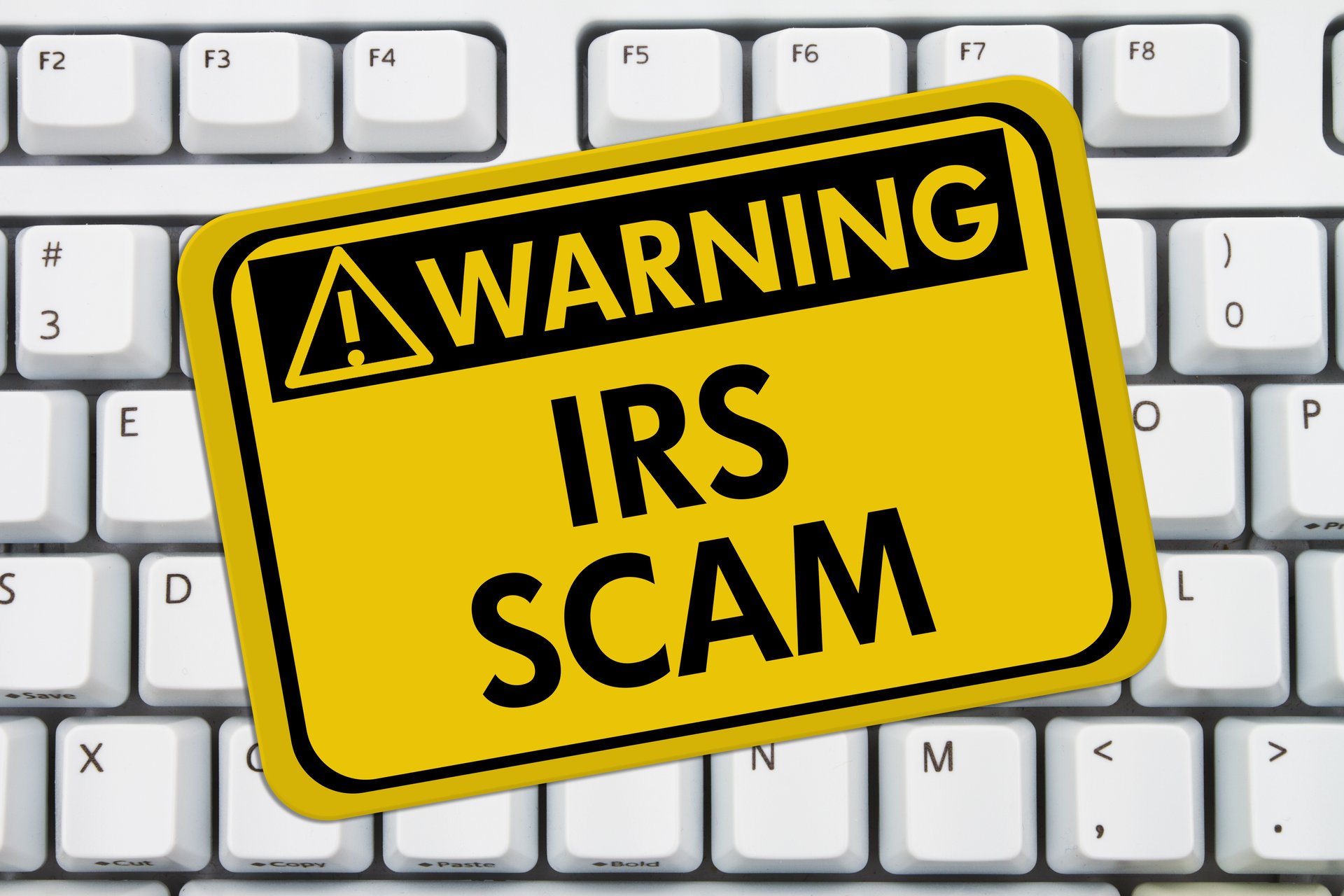
While you’ve been preparing for the holiday season, the Internal Revenue Service has been preparing for the tax season.
This week, the federal agency has been marking National Tax Security Awareness Week, an effort to educate taxpayers about how they can protect themselves from tax scams and identity theft.
IRS Commissioner John Koskinen explains in an announcement issued Thursday:
“Whether it’s during the holidays or the approach of tax season, scam artists look for ways to use tax agencies and the tax industry to trick and confuse people. There are warning signs to these scams people should watch out for, and simple steps to avoid being duped into giving these criminals money, sensitive financial information or access to computers.”
According to the agency, the most common IRS impersonation scams include the following seven:
- Requesting fake tax payments.
- Targeting students and parents and demanding payment for a fake “Federal Student Tax.”
- Sending a fraudulent IRS bill for tax year 2015 related to the Affordable Care Act.
- Soliciting W-2 information from payroll and human resources professionals.
- Imitating software providers to trick tax professionals.
- “Verifying” tax return information over the phone.
- Pretending to be from the tax-preparation industry.
The IRS notes that it will never take certain actions. So, if someone claims to be from the IRS and does any of the following, consider it a warning sign:
- Calling to demand immediate payment using a specific payment method, such as a prepaid debit card, gift card or wire transfer.
- Initiating contact by email or text message.
- Threatening to immediately bring in law-enforcement groups to have you arrested for not paying.
- Demanding that you pay taxes without giving you the opportunity to question or appeal the amount you supposedly owe.
- Asking for credit or debit card numbers over the phone.
The IRS notes the agency will generally mail you a bill first if you owe money.
If you receive a suspicious call from someone claiming to be with the IRS, hang up immediately. Do not give the caller any information. If you think you might owe taxes, call the IRS directly at 800-829-1040.
Have you ever been contacted by tax scammers? Let us know below or on Facebook.




Add a Comment
Our Policy: We welcome relevant and respectful comments in order to foster healthy and informative discussions. All other comments may be removed. Comments with links are automatically held for moderation.